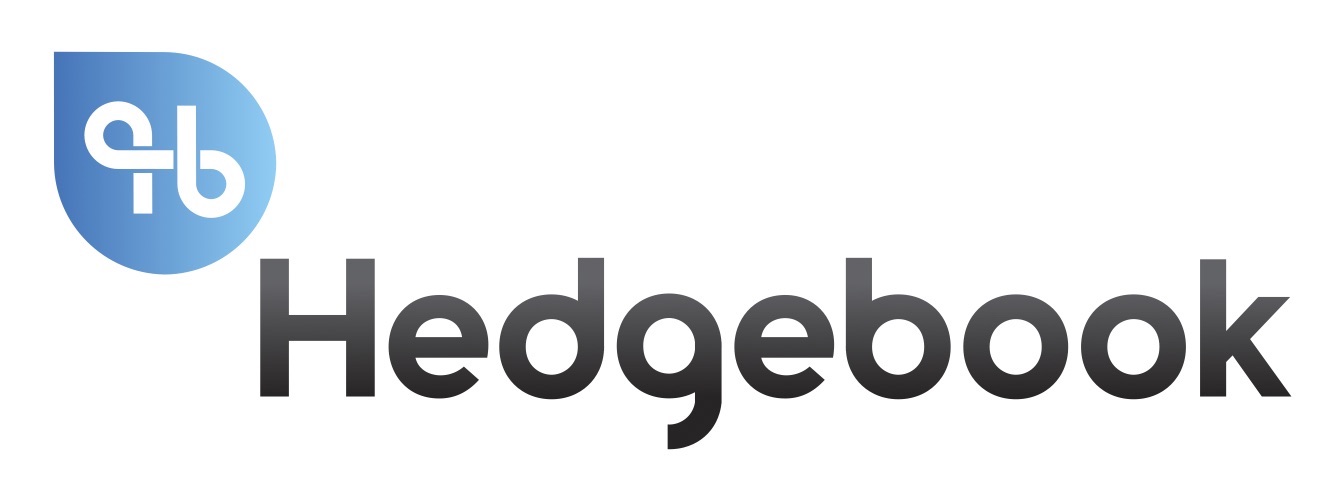By guest blogger, Tim Potter, MD HedgeStar
Having been involved in hedging currencies, interest rates and commodities for over a decade it comes as no surprise we are facing yet another period of economic uncertainty. It seems that every few years we are thrown another curve ball. Not the same curve ball – as that would be just too easy – but something genuinely unpredictable and completely left field.
A couple of years ago I don’t believe anyone was predicting the scale or impact of the US tariffs currently being imposed. Not even a few months ago. But it is the volatility of the situation that is amplifying the impact. One day there are tariffs, the next day there aren’t, or they only apply to certain products. It’s so unpredictable. In moments like these, I’m glad I’m in the relative ‘back office’, not trying to manage a supply chain.
Boards are asking – why weren’t we hedging?
At HedgeStar we don’t go too deeply into the regulatory side – our focus is more on financial reporting – but we are still seeing the impact of the current market turbulence. Clients who’ve been hedging are grateful they have that in place. Some have seen losses on their hedges, but they understand the purpose – it’s about certainty – not profit.
On the other hand, prospects who haven’t applied hedge accounting are getting more and more questions from management, the board and stakeholders; there are losses on the books, and people want to know why.
Even if the economic result is the same, the financial statements look very different if you’re not formally designating your derivatives as hedges. If you’re just recording unrealised losses as they occur, it tells a different story – to both management and external stakeholders.
Less talk, more hedging / action, needed
There’s definitely more talk happening about Treasury policy and how to set up hedging frameworks. Companies that weren’t hedging now want a process in place so they’re better prepared next time – and that is a good thing. But no matter what insight hindsight brings – preparing to manage the current market changes now will always be too little, too late.
As I said at the outset – we can’t predict what the next market disruption will be – but we can predict there will be one and that disciplined hedging practices put companies in a better position to proactively manage this when the time comes.
If anything, this should serve as a timely reminder to any company that having the means to cover your risk through hedging – be it currency, interest rates or commodities – is now a business essential. A need to have, not nice to have. It means setting policy at board level and ensuring your team has the tools and expertise to deliver against that.
While it is still early days it is encouraging to see the proactive decisions companies are starting to make in using more hedging to better their position – and it is genuinely exciting to be on that journey with them.
About the author
Tim Potter is the Managing Director of HedgeStar a Hedgebook client. HedgeStar is based in the US delivering risk management consulting, derivative valuation and hedge accounting services with a focus on transparency for financial reporting and hedge performance optimisation. HedgeStar’s global clients include public and private corporations, real estate trusts, accounting and law firms, healthcare, educational institutions and government entities.





